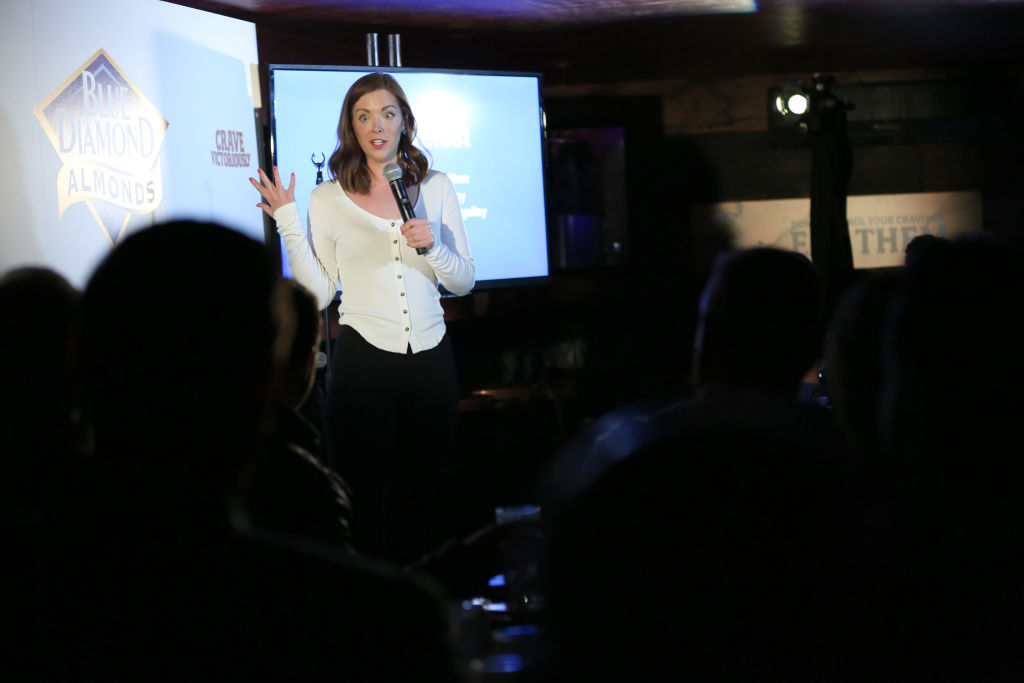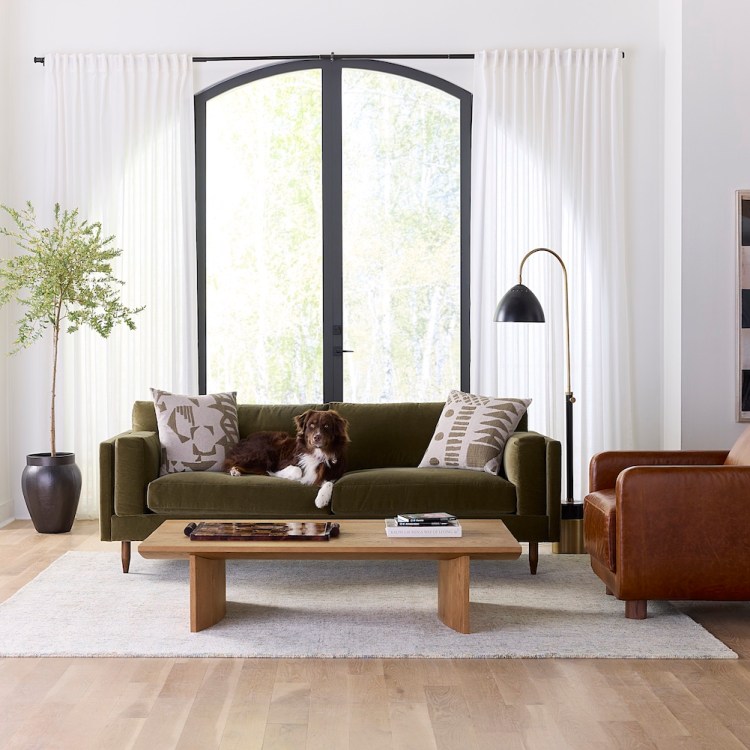The #MeToo era is affecting stand-up comedy. At the New York clubs where comedians learn the craft, comics are changing their jokes, adapting to new audiences and figuring out how to behave with one another, both onstage and in the audience. “Women are more empowered now, both onstage and in the audience,” said veteran comic Christopher Titus to The Hollywood Reporter. “The things guys used to say about them, women can now say back. Meanwhile, every guy checks himself a little bit. Manifest destiny is over.”
In 2017, comedian Louis C.K. was forced to confirm rumors that he had masturbated in front of female comics. After this, some comedians have embraced sensitive topics, like Judy Gold, a veteran comedian who has appeared on C.K.’s FX show, Louie. She started asking the crowd if she could masturbate in front of them, and then said “Look, I asked first,” which is was C.K. was known to do. Other people avoid divisive topics altogether. Others are just unsure how to do it. ”
We have to talk about the uncomfortable stuff,” said comedian and Roseanne co-showrunner Whitney Cummings to THR. “You want to be pro-woman, but saying all men suck makes you look like an idiot.” But Noam Dworman, owner of the Comedy Cellar, says that he sees more women feelings “total freedom” to talk about harassment and other tough subjects in their acts, and the routines are finding bigger platforms than just clubs.
Thanks for reading InsideHook. Sign up for our daily newsletter and be in the know.


















